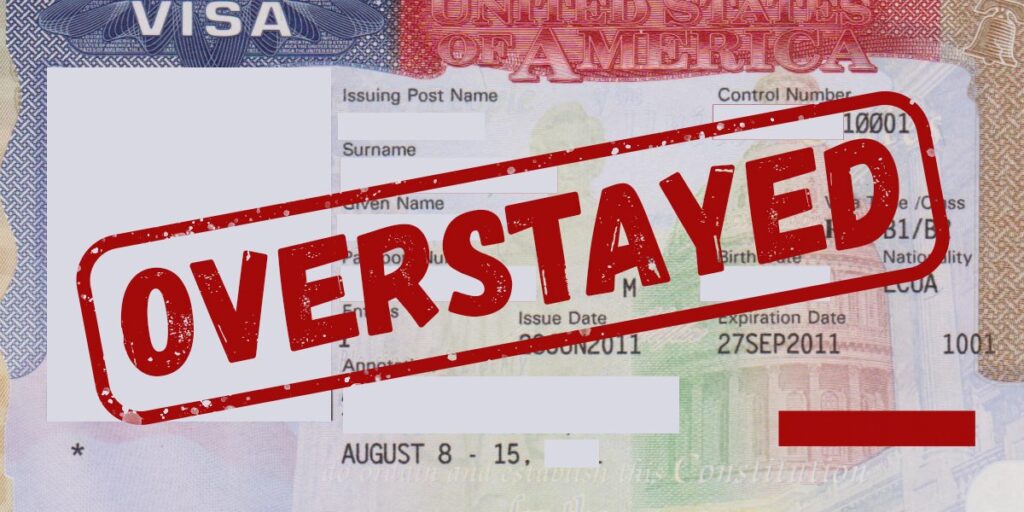Thinking of moving to the Philippines or already soaking up island life?
The Philippines offers incredible beauty, friendly people, and a low cost of living — but it’s not a financial free-for-all. Many foreigners fall into the same avoidable traps, losing money, time, and peace of mind.
Here are the 10 most common financial mistakes expats make in the Philippines — and how you can avoid them.
1. Overpaying for Rent
It’s no secret: when landlords hear a foreign accent, prices often go up. Touristy areas especially are known for inflated rent deals targeted at newcomers.

Avoid it by:
Comparing prices in local Facebook groups
Asking a local friend or expat for help negotiating
Visiting multiple places before signing anything
Pro tip: The best deals often come from word-of-mouth, not online listings.
2. Misjudging the Cost of Living
Yes, things are cheaper — but it’s easy to overspend when every day feels like a vacation. Frequent cocktails, weekend beach trips, and imported groceries can destroy your budget.

Avoid it by:
Setting a monthly budget (and tracking it for 30 days)
Mixing local and Western comforts
Eating at carinderias, using public transport, and shopping at local markets.
3. Buying Property in Someone Else’s Name
Foreigners can’t legally own land in the Philippines. Some try to “work around it” by putting property in a partner’s name. That often ends in legal disputes — or complete loss.
Avoid it by:
Getting legal advice before any big investment
Leasing land long-term (up to 50 years)
Buying a condo, which foreigners can own

4. Falling for Scams or Shady Business Deals
New to the country and flashing cash? You’re the perfect target. From crypto scams to fake businesses, many expats have lost their life savings chasing “opportunities.”

Avoid it by:
Taking your time before trusting anyone
Verifying business partners and projects
Remembering: If it sounds too good to be true, it probably is.
5. Becoming the ATM in a Relationship
Romance is real — but so are people who view foreigners as walking wallets. You may genuinely fall in love, but love and financial responsibility shouldn’t get tangled too early.

Avoid it by:
Being cautious about giving money early in the relationship
Watching out for emotional manipulation or “family emergencies”
Ensuring you’re appreciated for who you are, not what you provide
6. Ignoring Visa Costs
Staying legal has a cost. Many expats forget to include regular visa fees, ACR cards, and possible exit fees in their budget.

Avoid it by:
Budgeting around $30–$70 every 1–2 months
Exploring longer-term options like the SRRV, work, or investor visas
Never overstaying — penalties can be steep and stressful
7. Importing Stuff You Don’t Need
We all miss certain comforts, but shipping from abroad can be painfully expensive. Customs charges can cost more than the item itself.
Avoid it by:
Buying local alternatives
Shipping in bulk via Balikbayan boxes
Only importing essentials you truly can’t find locally

8. Not Having Health Insurance
A hospital visit — even a basic one — can wipe out your savings. While healthcare is more affordable here, it’s not free, and foreigners don’t get the same protections.

Avoid it by:
Getting international or expat health insurance (as low as $40/month)
Having a plan for emergencies
Knowing which hospitals are trustworthy before you need one
9. Living Like a Tourist Every Day
You’re not on holiday anymore — this is your life. If you keep living like a backpacker with a credit card, your budget won’t last.

Avoid it by:
Blending tourist fun with a sustainable lifestyle
Embracing the slower pace and simpler joys
Making rest and routines part of your experience
10. Having No Emergency Plan
Life is unpredictable. Breakups, natural disasters, or sudden family emergencies can throw your whole life into chaos — especially without a backup plan.
Avoid it by:
Keeping 2–3 months of savings accessible
Always having enough for a ticket home
Keeping your passport and documents up to date and safe

The Philippines can be an incredible place to live — full of natural beauty, rich culture, and warm people. But paradise doesn’t mean immunity from mistakes. With a bit of planning and some local smarts, you can avoid these common pitfalls and thrive.
Have you seen any of these mistakes happen? Or made one yourself?
Drop a comment below — and don’t forget to share this post with someone moving to the Philippines!

